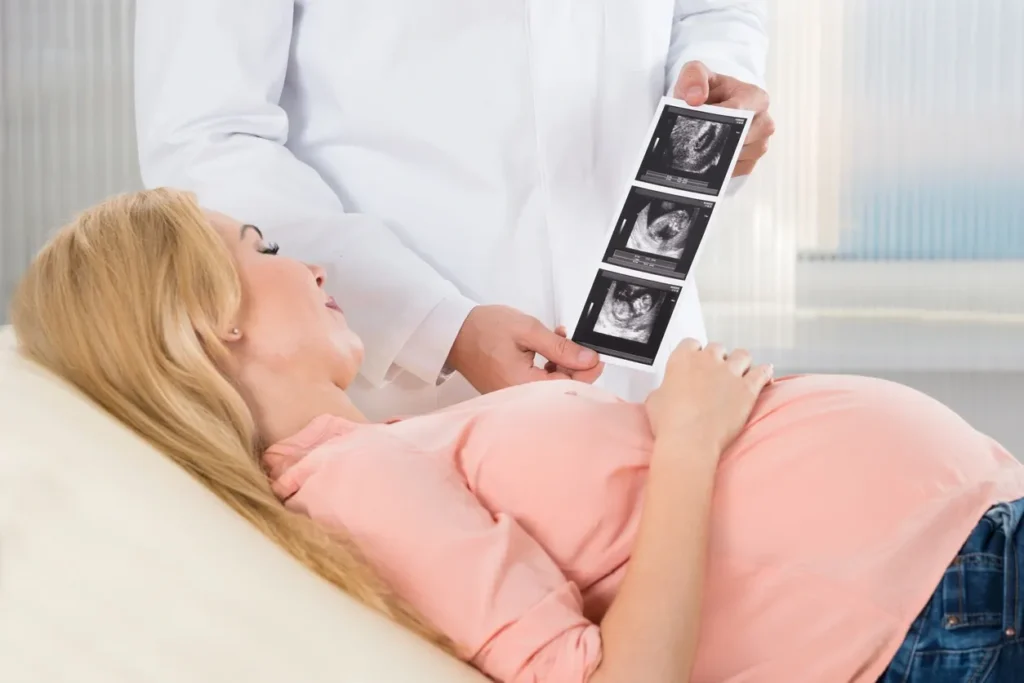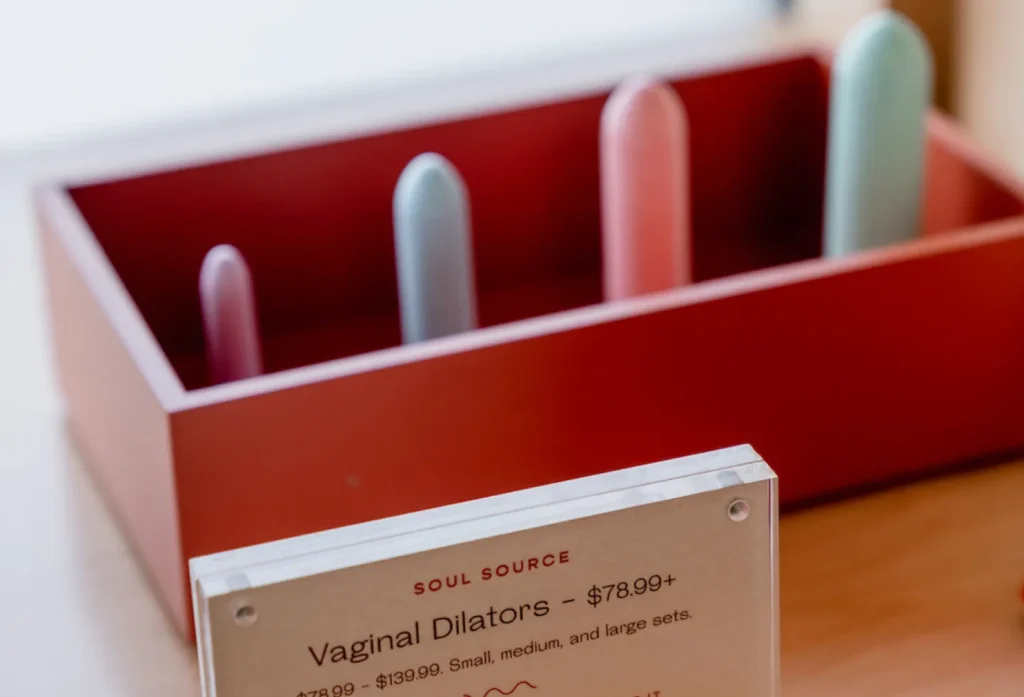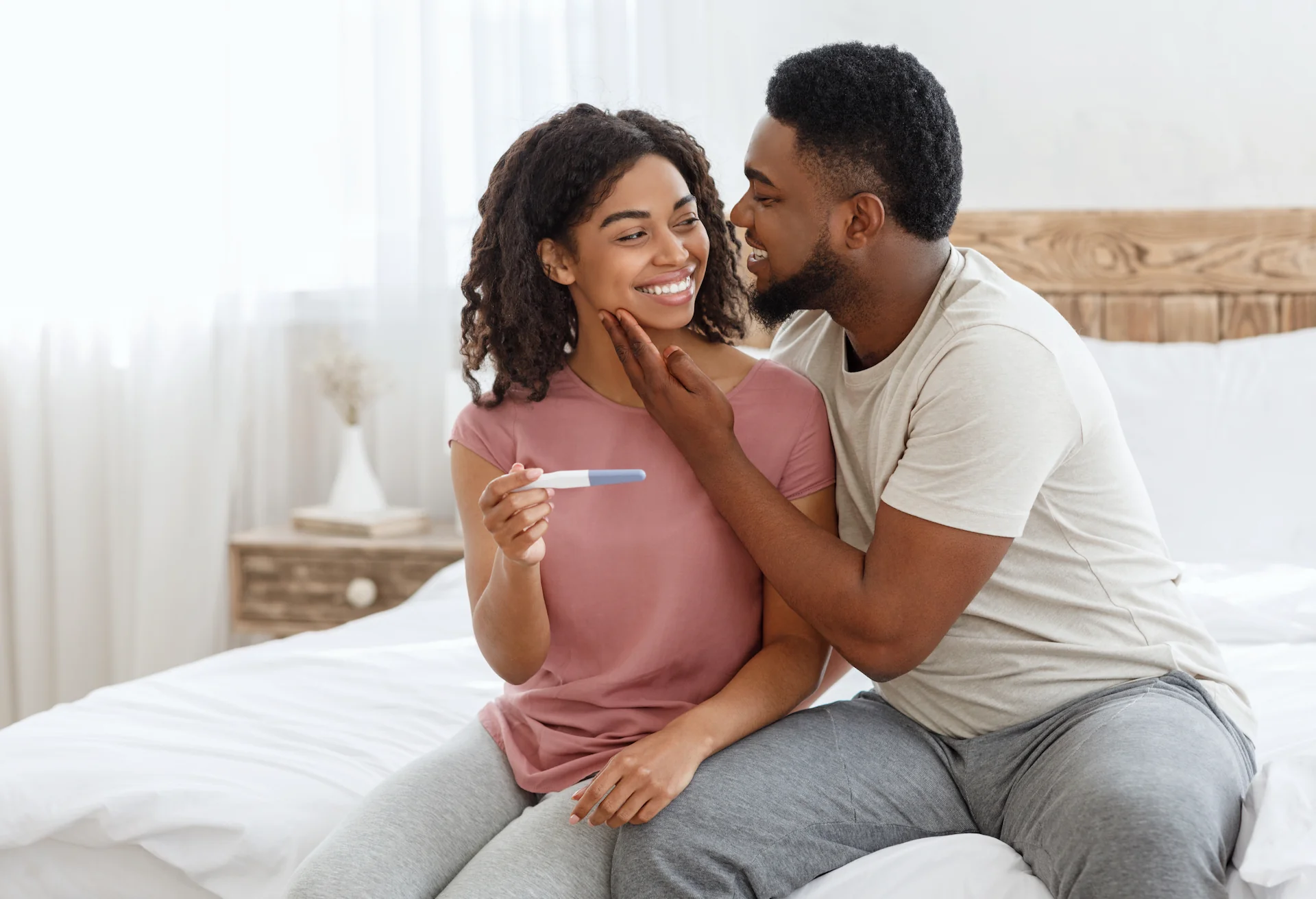Vaginismus is a condition that causes the muscles around the vagina to tighten involuntarily, often making vaginal penetration painful or even impossible. This can affect sexual activity, medical exams, and, understandably, lead to concerns about fertility.
If you’re living with vaginismus and hoping to become pregnant, it’s natural to wonder whether this condition will stand in your way. The good news is that vaginismus does not affect your ability to ovulate or conceive biologically. However, it can make the process of trying to get pregnant more challenging, especially if penetrative sex is difficult or not possible.
This blog post will break down how vaginismus may impact your path to pregnancy, what fertility options are available, and how treatment can support both your physical and emotional well-being along the way.
Understanding Vaginismus

Vaginismus is a condition where the muscles around the vagina tighten involuntarily, often making vaginal penetration painful or difficult. This reaction can happen during intercourse, medical exams, or even when inserting a tampon. The tightening is usually automatic and outside of a woman’s control, which can lead to frustration and anxiety.
Recommended: Is Burning During Penetration a Sign of Vaginismus?
There are different types of vaginismus. Primary vaginismus means a woman has never been able to have pain-free penetration, while secondary vaginismus develops later in life, often triggered by factors like injury, childbirth, infections, or emotional stress. The causes can be physical, psychological, or a combination of both, making it important to get a proper diagnosis from a healthcare provider.
While vaginismus primarily affects the ability to have comfortable intercourse, it does not interfere with the reproductive organs themselves. This means that a woman with vaginismus is still capable of ovulation and fertilization. Understanding the condition is the first step toward finding solutions that can help improve both sexual health and the chances of pregnancy.
How Vaginismus Affects Fertility
Vaginismus itself does not affect a woman’s fertility or her ability to conceive. The condition involves muscle tightening around the vagina, but it does not impact the ovaries, fallopian tubes, or uterus, which are responsible for ovulation and pregnancy. In other words, the biological process of releasing eggs and fertilizing them remains unaffected.
However, vaginismus can make penetrative sex painful or impossible, which can reduce the chances of sperm reaching the egg. Since sexual intercourse is the most common way for sperm to enter the vagina, this physical barrier can make natural conception more difficult. For some couples, this may lead to frustration or delays in getting pregnant.
Recommended: Can Vaginismus Develop Suddenly?
It’s important to understand that while vaginismus may create challenges with intercourse, there are other ways to conceive. For example, assisted reproductive methods like intrauterine insemination (IUI) or in vitro fertilization (IVF) can help bypass penetration difficulties and increase the chances of pregnancy.
If you have vaginismus and are trying to conceive, working with healthcare professionals can help address both the physical and emotional aspects of the condition. Treatments aimed at reducing muscle tightness can improve comfort during sex, which may increase the likelihood of natural conception over time.
Can You Get Pregnant Naturally With Vaginismus?
Yes, it is possible to get pregnant naturally even if you have vaginismus. While the condition makes penetration painful or difficult, pregnancy can still occur if sperm are able to reach the cervix. In some cases, ejaculation near the vaginal opening can allow sperm to travel into the vagina and fertilize an egg.
Some couples find that experimenting with different positions or relaxation techniques helps reduce discomfort during intercourse. Using lubricants and focusing on gentle, slow approaches can also make penetration easier and less painful. Working with a pelvic floor therapist or sex therapist may provide additional support to overcome the physical and emotional challenges.
Recommended: Can You Have Vaginismus Without a History of Trauma?
It is important to remember that each woman’s experience with vaginismus is unique. For some, natural conception may take longer but still happens. For others, treatment or alternative methods may be necessary. The key is to seek help and explore options that feel right for you and your partner.

If penetration remains too painful or impossible, assisted reproductive technologies offer effective alternatives. These methods can help women with vaginismus achieve pregnancy without requiring vaginal intercourse.
Assisted Reproductive Techniques (ART) for Women with Vaginismus
For women with vaginismus who find penetrative sex too painful or impossible, assisted reproductive techniques (ART) can provide a way to achieve pregnancy. These medical methods bypass the need for vaginal penetration and deliver sperm directly to the reproductive system.
One common option is intrauterine insemination (IUI), where sperm is placed directly into the uterus using a thin catheter. This procedure is usually quick and minimally invasive, allowing sperm to have a better chance of reaching the egg without the need for intercourse.
Another option is in vitro fertilization (IVF), where eggs are retrieved from the ovaries and fertilized with sperm in a laboratory setting. The fertilized embryo is then implanted back into the uterus. IVF can be a good choice if there are other fertility issues in addition to vaginismus.
Recommended: Can Anxiety Alone Cause Vaginismus?
At-home insemination may also be considered for some couples. This involves collecting sperm and placing it near the vaginal opening using a syringe or similar device. It is a less clinical method that can be done privately and may reduce stress related to medical procedures or penetration difficulties.
If you have vaginismus and are exploring fertility options, it’s important to consult with a fertility specialist. They can guide you through the choices and recommend the best approach based on your individual needs.
Treatment Options That May Improve Chances of Pregnancy
If you have vaginismus and are trying to conceive, there are several treatment options that can help reduce discomfort and improve your chances of pregnancy. Here are some common approaches:
Pelvic Floor Physical Therapy
Pelvic floor therapists specialize in exercises and techniques that help relax and strengthen the vaginal muscles. Through guided therapy, you can learn to control muscle tension, reduce pain, and improve flexibility. This treatment often includes biofeedback and manual therapy to ease muscle tightness.
Recommended: How Effective is Pelvic Floor Therapy For Vaginismus?
Vaginal Dilators

Vaginal dilators are small, smooth devices of varying sizes that are used gradually to help stretch and relax the vaginal muscles. Starting with the smallest size, the dilators are gently inserted over time, allowing the muscles to become more comfortable with penetration. This method is often used alongside physical therapy.
Counseling and Sex Therapy
Psychological factors such as anxiety, fear, or past trauma can contribute to vaginismus. Working with a counselor or sex therapist can help address emotional barriers and provide coping strategies. Therapy sessions may include education, relaxation techniques, and communication skills to improve intimacy and reduce stress around sex.
Medical Treatments
In some cases, doctors may recommend medications such as muscle relaxants or local anesthetics to reduce pain during penetration. Botox injections are also sometimes used to relax vaginal muscles temporarily. These options should be discussed carefully with a healthcare provider to weigh benefits and risks.
Recommended: Can Botox Injections Help Severe Vaginismus?
Each woman’s experience with vaginismus is unique, so a combination of these treatments may be necessary. Working closely with healthcare professionals can help you find the right approach to improve comfort, reduce pain, and increase the likelihood of pregnancy.
Conclusion
Vaginismus can feel overwhelming, especially when you’re hoping to become pregnant. While the condition may create challenges with penetration, it does not affect your ability to conceive biologically. Many women with vaginismus successfully become pregnant either naturally or with the help of treatment and assisted reproductive techniques.
The key is to seek support from healthcare providers who understand both the physical and emotional aspects of vaginismus. With the right care, therapy, and patience, you can overcome barriers and move closer to your goal of starting or growing your family.
